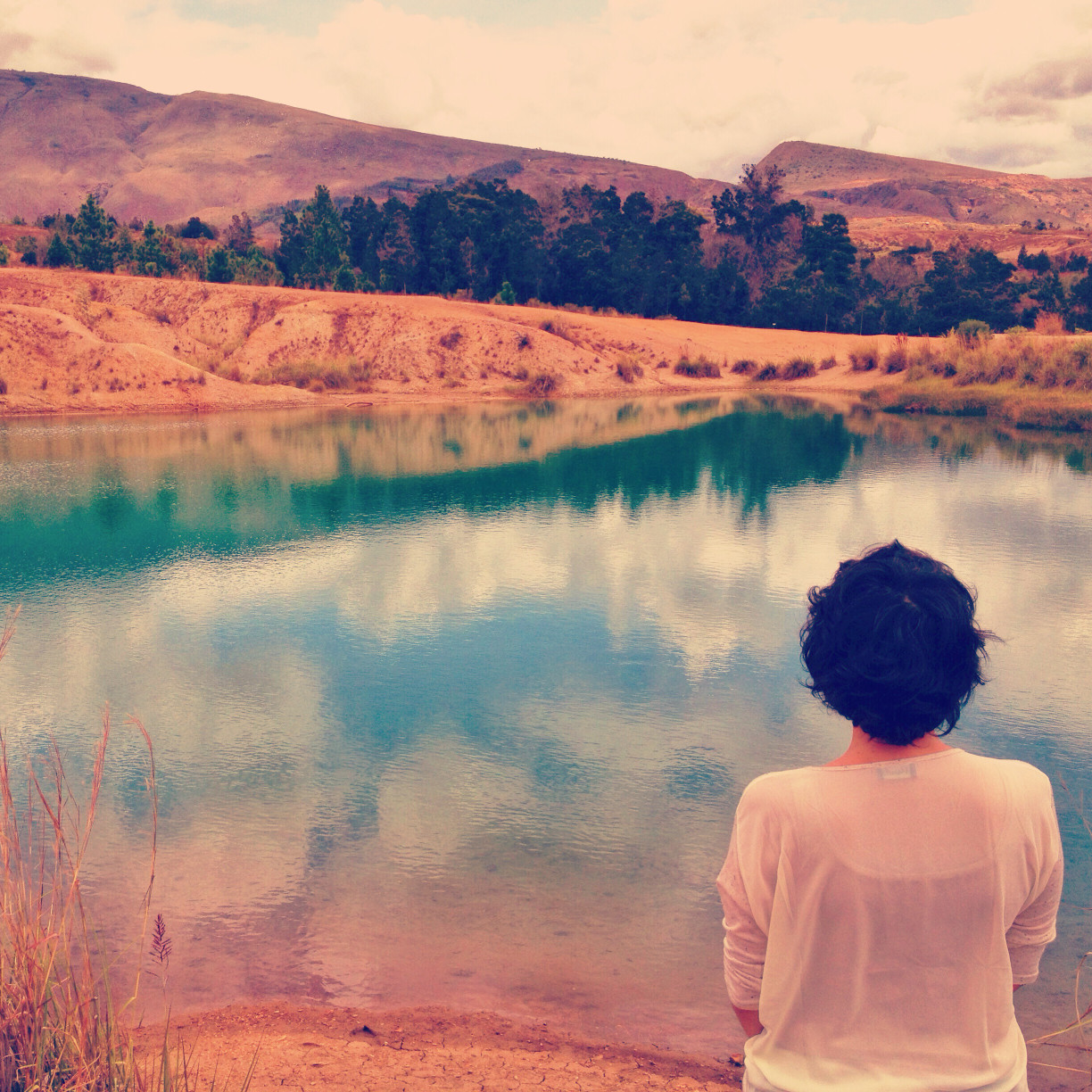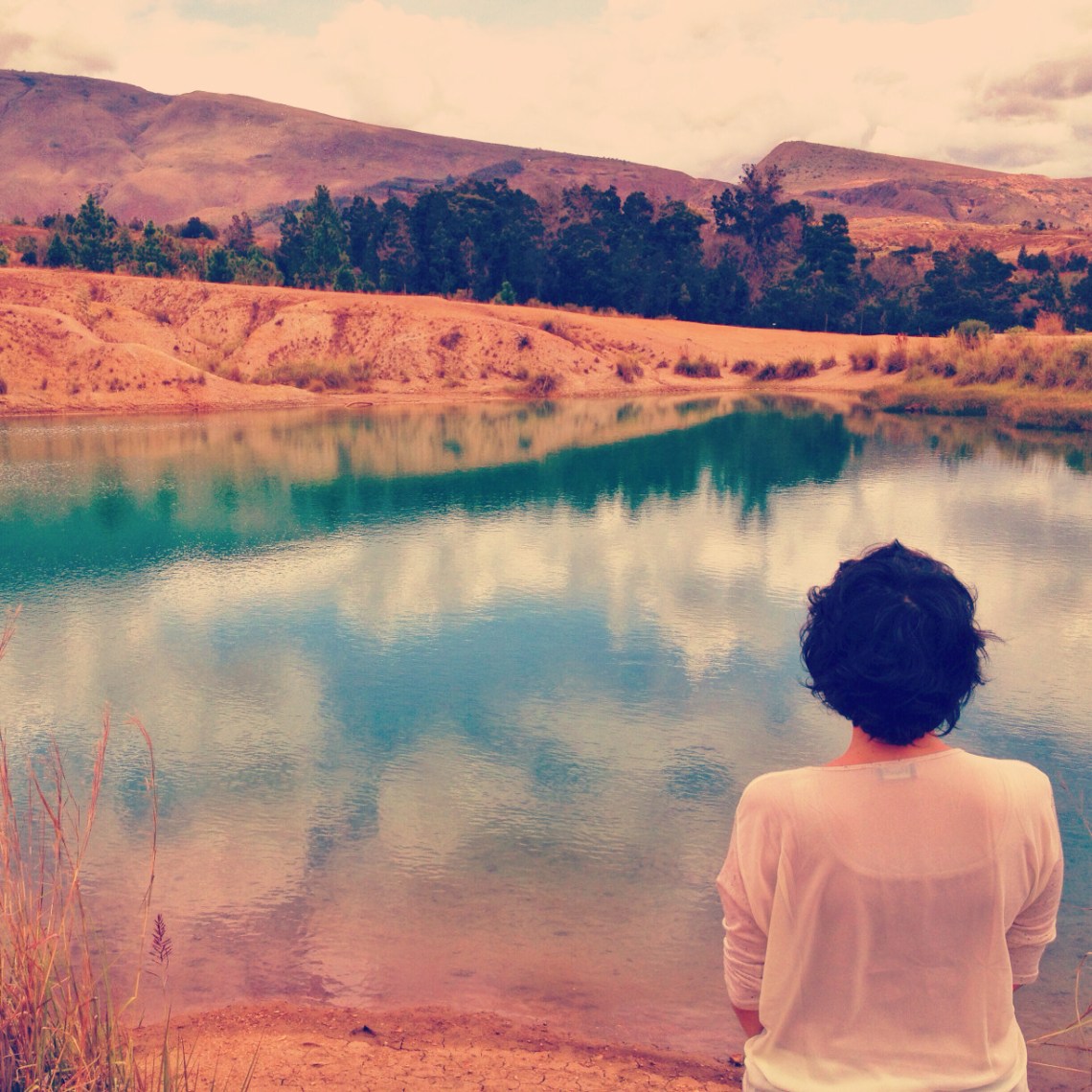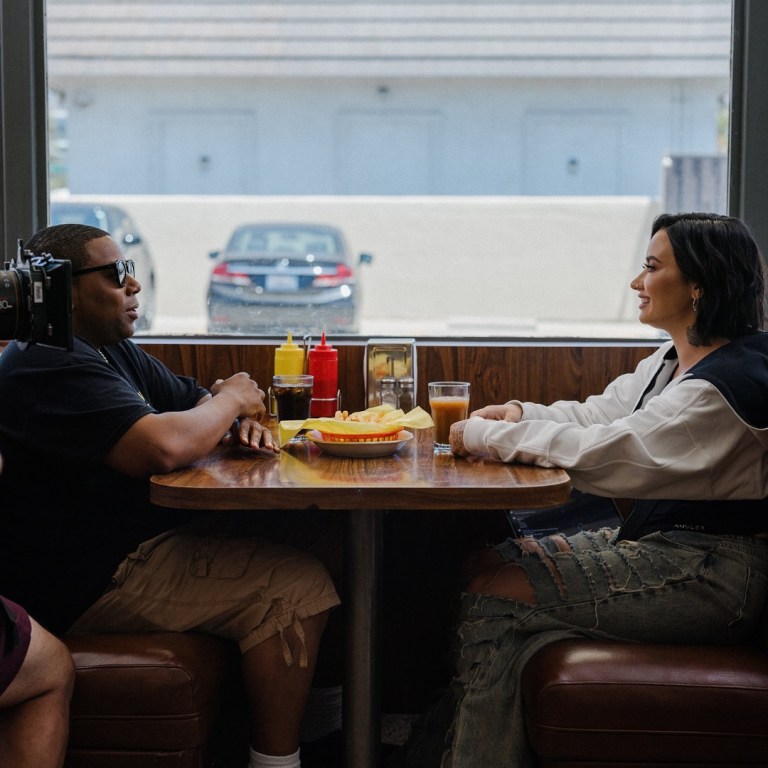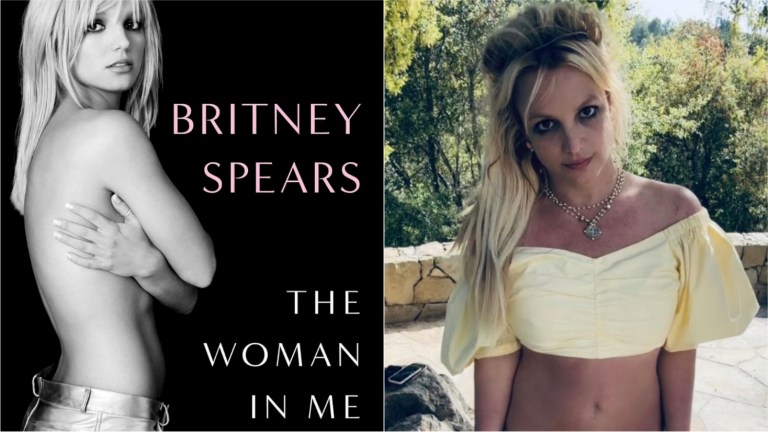
I Went 60 Days Without Alcohol And This Is What I Learned

So it’s officially been two months since I’ve had a drink.
Before you applaud me for my outrageous self-control, I will voluntarily point out that I have been living in Qatar for four months, a nation with one of the strictest alcohol policies on Earth. Not to mention it’s currently the Muslim holy month of Ramadan, so for at least 30 days it is impossible to even purchase alcohol anywhere in the country.
Let’s just say I turned lemons into lemonade because living with a limited accessibility to alcohol (and an extreme price tag when it is available — think $20 for a glass of wine at a hotel bar) has been one of the most cleansing experiences of my life.
Objectively, I’m NOT a huge “party girl”, but I’m still an average twenty-something who likes to socialize, and inherently much of that scene everywhere I’ve lived, from New York City to Addis Ababa, revolves around drinking.
Although I will probably go back to drinking moderately after this extended experiment, going without it for more than 60 days has put a serious damper on my desire to drink, especially in the quantities and at the frequency I used to. It has also allowed me to take a good look at some of the social, political, economic, and health factors that influence our appetite for booze-induced nights out and the more-than-casual link between alcohol and socializing.
And in the end I couldn’t be more grateful for my decision to try going without a substance (a drug, effectively) that I, like a huge percentage of millennials, have never abstained from for more than a couple weeks in almost eight years.
The alcohol industry
When I first decided to go dry, I wanted to be purposeful and knowledgeable about why I was doing it. I did a lot of reading about the effects of alcohol, which coincidentally also led me to understand a lot more about its role as a heavyweight in business, politics, and society.
I’ve discovered that we’ve all heard of the military industrial complex, but not much about the alcohol industrial complex. As an economic contributor, the US alcoholic beverage industry is responsible for the annual generation of over $400 billion (2010) and provides approximately 3.9 million jobs for workers across the country. Not only that, but the US liquor industry spent more than $2 billion on marketing in 2013, an expenditure that has been extremely effective in normalizing behavior surrounding frequent and intense alcohol consumption in the American — and global — population. It’s an industry that has strategically chosen to focus so much on the consumer that we never even stop to think about who produces and promotes it. In reality, it is one of the most heavily marketed products in the world, and one that has resulted in more premature deaths and illnesses than all other illicit drugs combined.
Next time you see advertisements for alcohol, look carefully. We’ve been taught to associate alcohol with pleasant things: nights out with friends, good food, good times, bonding, community, sports, celebrities, laughter, popularity, sex, and music. All things that don’t necessarily need alcohol associated with them, but the industry has done an outstanding job of managing its image so as to piggy-back off of all the things we naturally love most as humans.
And think about it: Did you genuinely like the taste of alcohol the first time you tried it? Do you still pinch your nose when your friends want to do tequila shots? What about the hangovers, which is actually a product of acetaldehyde poisoning when the alcohol is metabolized by the liver? How much money do you spend on just “going out” and drinking each week? How many times have you plunked down $10 for a cocktail and thought, “I’d rather have a huge plate of tacos with extra guacamole right now or a handful of groceries or a ticket to the movies with a friend”?
Well I did, just about every time I bought a beer in New York City (or that $20 wine in Doha), and it was time I finally decided for myself if drinking was such a good idea after all. Would it be something I would choose for myself if it weren’t for all the advertising-induced social normalization of this substance and its associated lifestyle? Maybe not.
Its effects and giving it up
That’s when I started looking into the facts. What does alcohol, when drunk above moderation, do to our bodies in the short and long term?
According to the Dietary Guidelines for Americans, drinking in moderation is up to 1 drink per day for women and up to 2 drinks per day for men. The Substance Abuse and Mental Health Services Administration (SAMHSA), which conducts the annual National Survey on Drug Use and Health (NSDUH), defines binge drinking as drinking 5 or more alcoholic drinks on the same occasion on at least 1 day in the past 30 days.
Well, I don’t know about you, but I’ve been doing that approximately every month for about 8 years. That math alone led me to the conclusion that I should probably spend some time without this substance that I’ve introduced into my body without a second thought, and started doing so, like most of us, during the most important years of my intellectual development: college.
Contrary to some popular belief, alcohol doesn’t actually kill brain cells, but I learned that when consumed in those SAMHSA “binge” levels, it does two harmful things: damages dendrites, the parts of the neuron that allow brain cells to communicate with one another, and impedes the growth of new brain cells. Although, studies show that once alcohol consumption has been tampered or stopped altogether, new cells go through a recuperation phase and the dendrites are able to repair themselves and improve neural pathways through the brain.
The irony of washing my brain in a harmful chemical substance during the same period of time when I’m supposed to be nourishing my inner intellectual world struck me as pretty upsetting. All those extra functioning dendrites and new cells might have allowed me to retain more or better information during my college experience.
Alcohol also contributes to over 200 diseases and health conditions, such as alcohol dependence, liver cirrhosis, cancers, and injuries. Globally, alcohol misuse is the fifth leading risk factor for premature death and disability, and among people between the ages of 15 and 49, the first.
Here’s a snapshot of some of the health risks, which I’m not sharing to startle you or change your mind about your alcohol consumption. I’m sharing them because they affected my opinion about drinking and are highly relevant to my decision to give it up for a period of time:
- Brain: Alcohol affects mood, behavior, and interferes with how the brain looks and operates, as mentioned above.
- Heart: While research shows that drinking moderate amounts of alcohol may protect healthy adults from developing coronary heart disease (but upon closer inspection, it’s not advisable to drink for these reasons because any benefits are outweighed by negative effects or achievable through other lifestyle changes), heavy use in the long-term can cause high blood pressure, stroke, irregular heart beat, and cardiomyopathy.
- Liver: Heavy drinking abuses the liver, one of the most important organs in our body, causing a variety of problems and inflammations.
- Pancreas: Alcohol causes the pancreas to produce toxic substances that can eventually lead to pancreatitis, a dangerous inflammation and swelling of the blood vessels in the pancreas that prevents proper digestion.
- Cancer: Drinking too much alcohol can increase your risk of developing certain cancers, including cancers of the: mouth, esophagus, throat, liver, and breast.
- Immune System: Drinking too much can weaken your immune system, making your body a much easier target for disease. Even drinking a lot on a single occasion inhibits your body’s ability to ward off infections for up to 24 hours after. Alcohol use has also been linked to diabetes.
Encouragingly, many of the effects of heavy alcohol consumption are actually shown to be reversible. In a 2014, University College of London study, 10 journalists abstaining from alcohol for 5 weeks saw “a 10 per cent improvement in the quality of sleep and an 18 per cent improvement in their ability to concentrate at work. Liver fat fell by an average of 15 per cent in the detox group. Blood glucose also fell by an average of 23 per cent and total blood cholesterol levels were reduced by an average of 6 per cent.” A study by Sussex University also shows that 72% of participants who stopped drinking for one month sustained reduced levels of alcohol consumption for six months afterwards.
Altogether, once I looked at some of these facts about what binge drinking does in the long-term, and the kind of mental and physical benefits that could be reaped from a period of abstinence, I decided it was time for a long, potentially permanent break.
How I feel
After two months without alcohol, I feel great! I’m noticeably more articulate, better able to focus, and my memory has gotten remarkably sharper. Literally things I couldn’t remember a few weeks ago now come back to me immediately and childhood memories I hadn’t recalled in a decade are back at my fingertips. Not to mention that any inch of excess fat has melted off my body (remember all the empty calories in alcohol!). It also made me more mindful over everything I put in my body, which created a positive feedback loop for my mental and physical health.
I’ve also had so much more time. Naturally, a by-product of not drinking in a social environment where that’s all there is to do drastically reduced my desire to “go out” as much. Not going out, or going out less and not staying out as late, has left me with evenings to socialize more effectively (actually remembering conversations, the people I meet, and not looking like a hot mess after one too many gin and tonics) and mornings where I consistently feel fresh. I’ve normalized my sleep pattern, almost always waking and going to sleep at the same time, so Monday mornings aren’t difficult anymore because I haven’t radically shifted my bed time from 11pm to 3am and then back again.
Some people like to ask: Did I feel awkward when I did go out? Did “friends” go away? Of course, some people stopped calling when I didn’t want to go bar-hopping every night or when happy hour wasn’t on my menu of activities, but all I can say is: good riddance. And of course it was annoying as hell to realize that drinking has become so normal that not drinking was somehow cause for alarm and questioning.
All in all, I don’t think I can go much longer without a glass of pinot noir with dinner or having at least one gin and tonic on a night out. But I can say for certain that I will never go back to drinking at the same level of intensity and frequency as I did before. I also know that without doing this 60 day experiment, I never would have been able to moderate my drinking to this same degree and come away with as clear of a picture of why my relationship to alcohol needed to change.
My tips for giving it up, if you want to try the experiment yourself:
- Do your own research on alcohol and ask yourself if it’s worth the short and long-term effects. What else could you be doing with your time? How might your friendships actually improve by changing how much alcohol is tied to your social pattern?
- Think of the percentage of time you spend feeling good when drinking vs. feeling awful the next day. (Really, isn’t that reason enough?)
- Challenge yourself to a minimum 30 day commitment to witness the full positive effects of being alcohol-free.
- Do it cold turkey. One beer leads to another, and another…
- Get support. Find a good friend to do the experiment with you.
- Know that it doesn’t have to hurt your social life. Just change the times and locations of your socializing. Instead of getting a drink at 5pm, opt for lunch at noon.
- Instead of a weekend bender, go hiking or take a road trip.
- Drink virgin cocktails when you go out. Just having something in your hand will make you think less about what you’re “missing out on.”
- Pay yourself. Every time you go out and don’t drink or go to the store and don’t buy alcohol, put the cash you would have spent on it in a special envelope. See how much you save in just 30 days.












